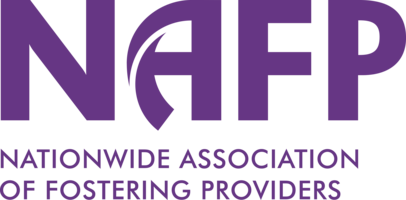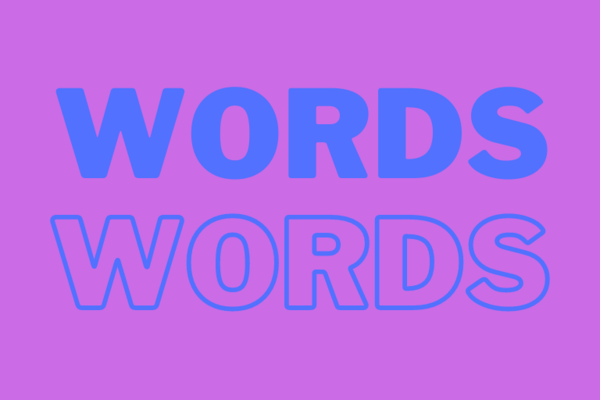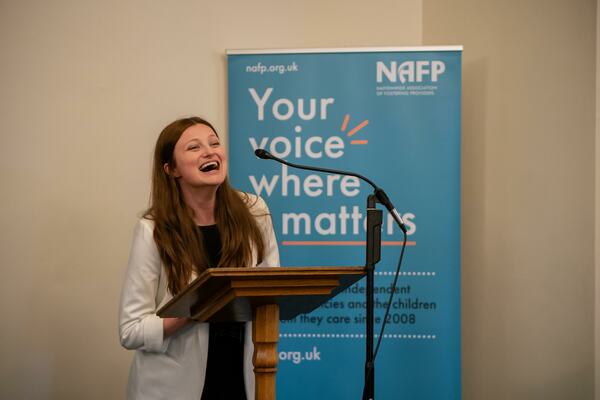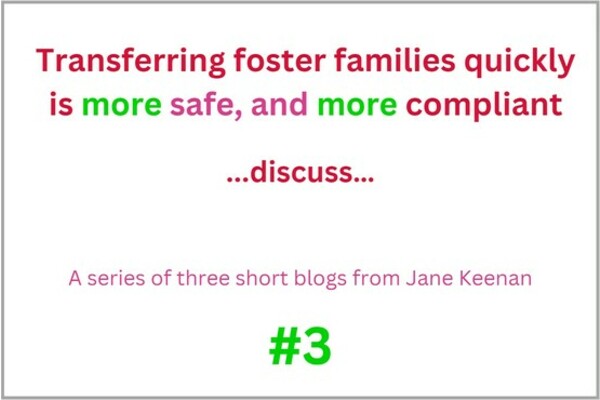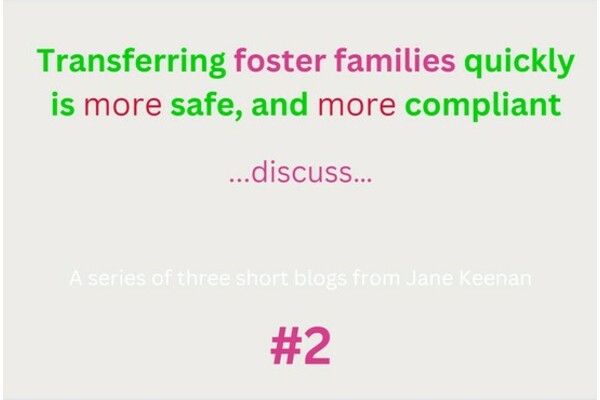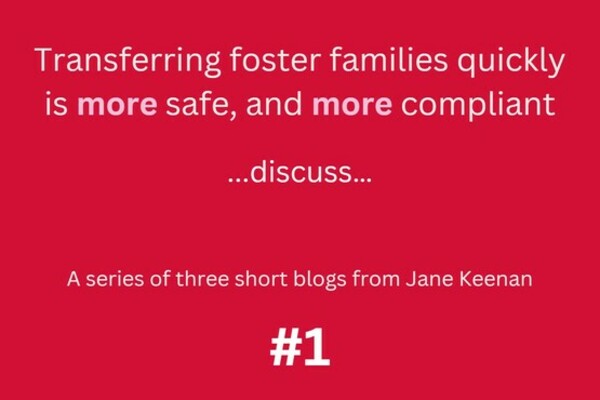There’s a problem with the language we use to describe children in care and their needs in social care reports. This can be referrals for children in care and the myriad of documents we create about them (assessments, care plans, placements plans, annual reviews etc.). The words we use can be jargonistic and inappropriate. Sometimes they are even dehumanising, offensive and cause greater difficulties for that young person. We can probably all think of examples of this language - contact (family time), placement (child’s home), LAC (children in care). There has been some improvement over recent years, but we're not there yet.
In my view, this approach reflects a deficit model of how we think about children in care. It’s part of a more general risk averse approach to the care of children where plans focus on the worst that can happen, rather than one which genuinely looks to meet a child’s needs. We skimp on bringing to life all the positives children have going for them, what they like to do, who they are. Conversely, sometimes difficult information that should be a part of a referral is skirted over, for fear that no foster carer would agree to accept a young person if they knew the full picture. Of course, things tend to come to light later on down the line.
There are better ways to do this, and it’s in our gift to act. You can ask young people about the language you’re using about them, but you can also reflect on the language used in corporate documents. There are a number of reports that suggest alternative approaches and credit to people for showing the way here. What is needed is for social care report writers to be supported to avoid negative and stigmatising commentary. That’s us, so let’s be that change.
Sadly, this negative dialogue also permeates public debate about the care system, despite its successes for many young people. If children in care tune into the national debate about care, most of what they will hear is that the care system is broken and their life chances are limited. How do we think this makes children and young people feel? They’ll also hear commentators saying this is all someone else’s fault. We should have a balanced, evidence-based debate as adults and not let our own negativity impact further on children.
I once had a manager who was a consultant child psychotherapist. He said to me ‘words are important, Harvey’. I’ve thought about this many times over the years, what he meant and how this impacts on relationships. You know what, he was right. He also said to me, ‘we’re all mental, Harvey!’ - the power of words!
